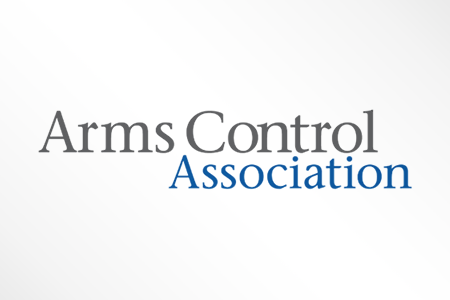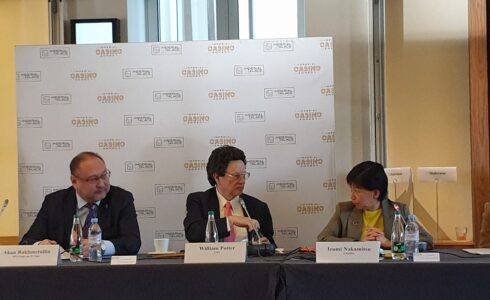
Some meetings of nuclear Nonproliferation Treaty (NPT) member states are remembered for artistic performances as well as nonproliferation and disarmament achievements.

Over five dozen senior diplomats gathered in Annecy, France on March 7-8, 2024 for an NPT diplomatic workshop hosted by CNS.